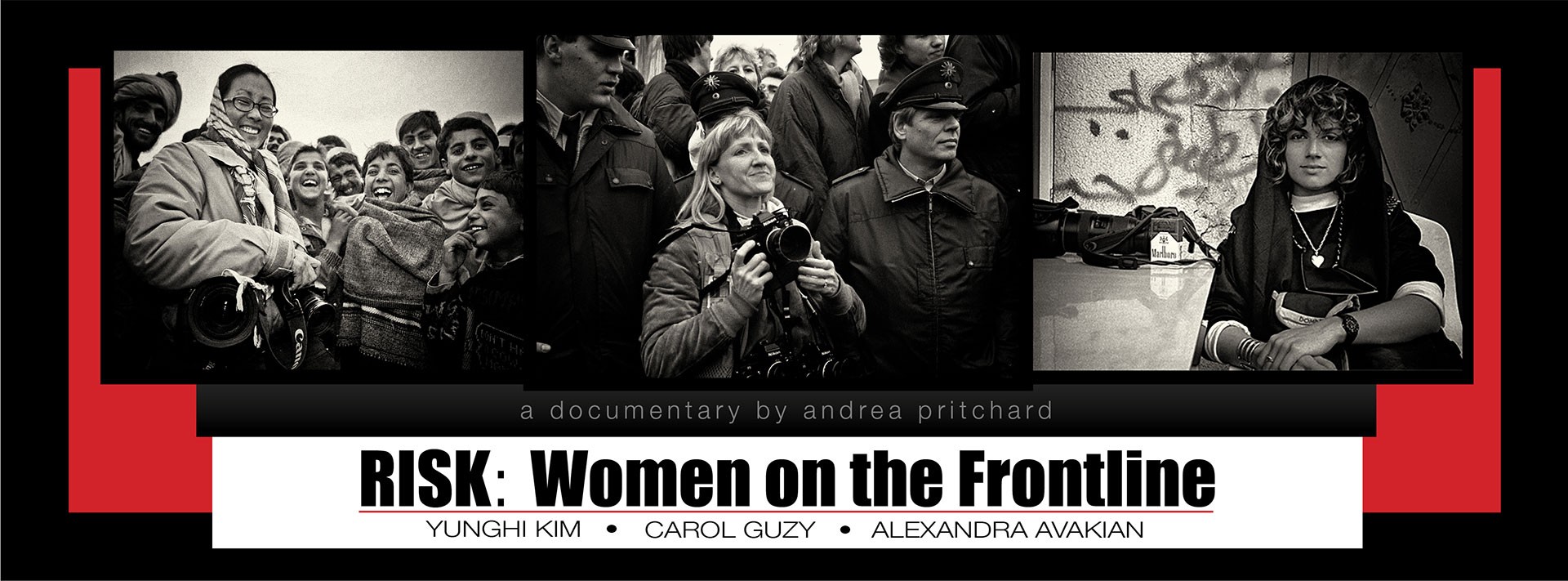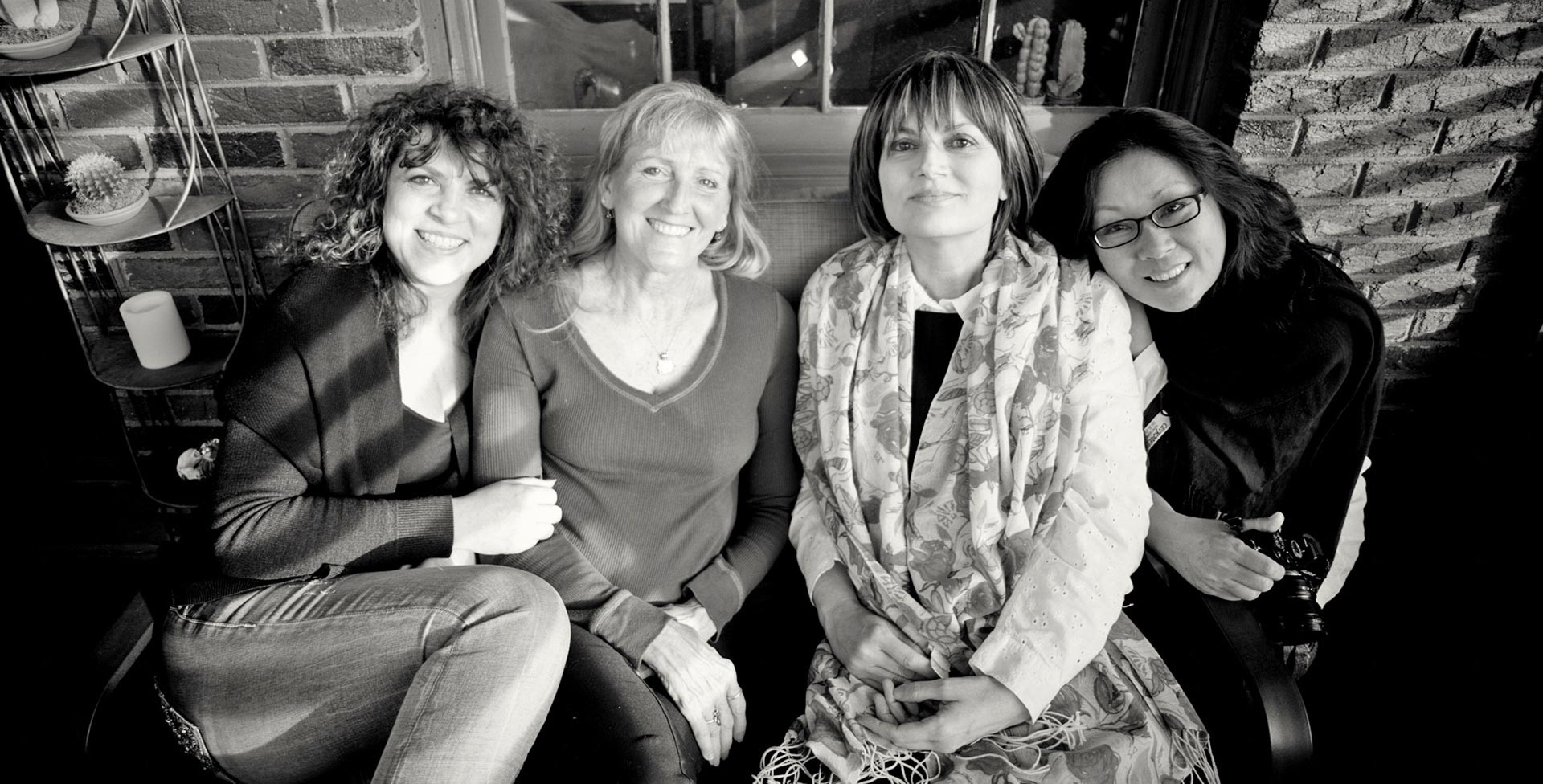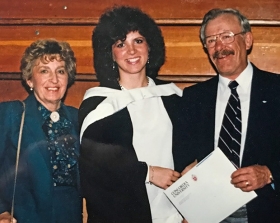The film was screened in Los Angeles at the LA Femme International Film Festival and the Hollywood International Independent Documentary Awards, where Pritchard won for Best Documentary Female Filmmaker; in New York at the International Center of Photography (ICP) and the SOHO International Film Festival where it was nominated for Best Documentary; in Boston at the Photographic Resource Center (PRC); in Arizona at the Arcosanti International Film Carnivale, where it won for Best Documentary Short, and the Jerome Indie Film & Music Festival where it also won for Best Documentary Short.
How did the documentary film come about?
Andrea Pritchard: For my thesis, I had to come up with a final project, and I started thinking about women’s studies, as well as the renaissance artists we had studied in art history – who were all men – and a paper I had written at the time, for my BFA, on the women of the renaissance. I started thinking about where are the female photojournalists, wrote a proposal and presented to Francine [Pelletier], who loved it, and proceeded to put it together.
What was that process like?
AP: I kept reaching out, and interviewing people and learning more and more about what women have to deal with, on the frontline. I drove to Washington, D.C., to meet the three women whose stories I wanted to tell for the film, and I filmed the whole thing in 24 hours. On the second day, I shot portraits and then I drove home and started editing.
It was about a year and a half of editing, in total. I finished off my degree, presented a rough cut of the film to fellow students and people in the industry — the film was about 45 minutes but it was only supposed to be 15, at the most — but Francine saw the first clip, along with everyone else, and wanted to see the whole thing.
The film came out in 2018, around this time last year, and I decided to put it out to some film festivals. It’s won three awards, we’ve had panel discussions at the International Centre of Photography in New York, and the Photographic Resource Center in Boston, and it’s been a really wonderful experience.”
How did your studies help prepare you for what you are doing now, and how has Concordia contributed to your success?

 The poster Andrea Pritchard created for Risk: Women on the Frontline
The poster Andrea Pritchard created for Risk: Women on the Frontline
 After wrapping up filming in Washington, Pritchard took a photo of all three photojournalists, plus herself. From left: Pritchard, Carol Guzy, Alexandra Avakian, and Yunghi Kim.
After wrapping up filming in Washington, Pritchard took a photo of all three photojournalists, plus herself. From left: Pritchard, Carol Guzy, Alexandra Avakian, and Yunghi Kim.
 Andrea Pritchard, her mother Marjorie Pritchard and father Rexford Pritchard after receiving her BFA in 1985.
Andrea Pritchard, her mother Marjorie Pritchard and father Rexford Pritchard after receiving her BFA in 1985.


